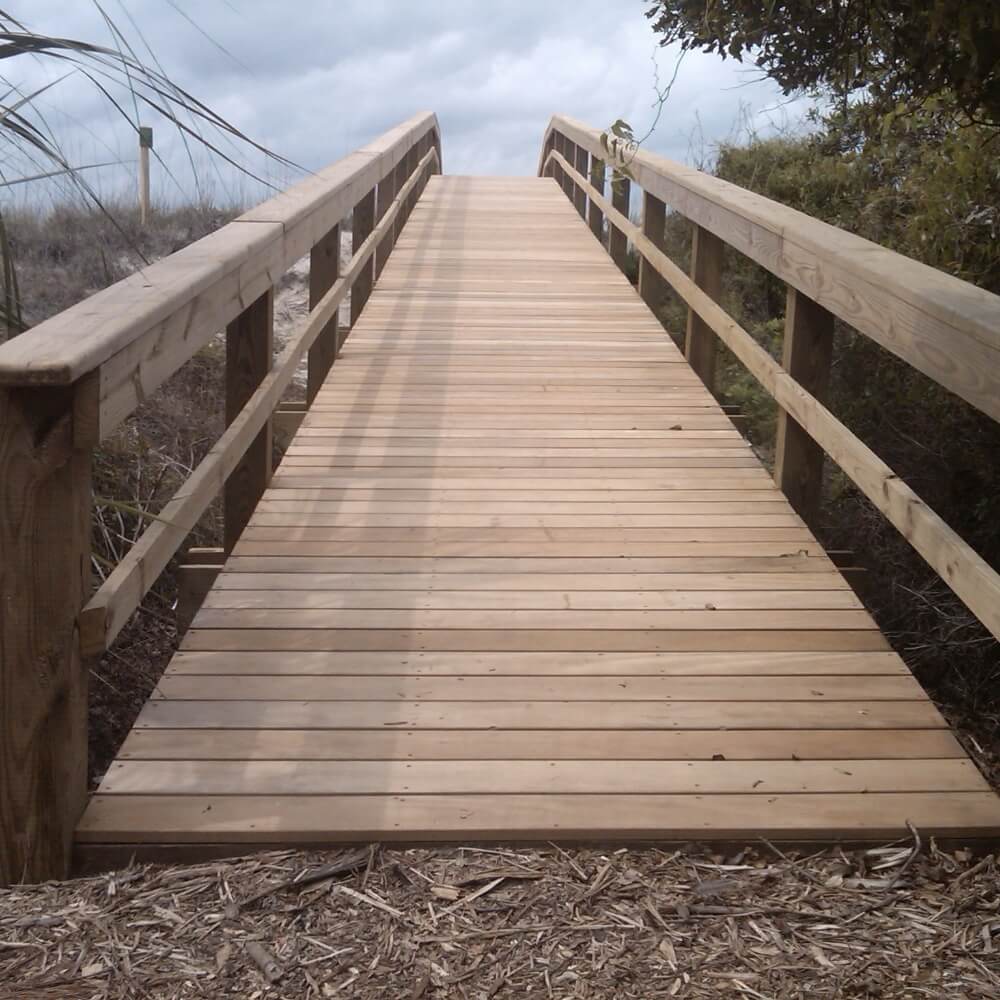Alternative Species Are Meeting the Moment
Garapa, Cumaru, and other hardwoods offer similar performance characteristics, but are typically more economical.
International Wood Magazine 2020
As consumers seek out beautiful woods for exterior applications such as decking, siding and roofing, a number of lesser-known species are meeting the market’s evolving needs. Specifiers and consumers are now recognizing that well-managed renewable wood products, regardless of their points of origin, have significantly lower life cycle environmental impact than alternative building materials like steel, concrete and plastics.
Tropical hardwoods are known to have exceptional strength, durability and decorative appeal that make them ideal for exterior applications. Now more than ever, these and other key hardwood characteristics matter to consumers. People want to enjoy their outdoor spaces, and demand for high quality outdoor wood products has increased in recent years.
Another key factor is the impact of the wildfires in California and other Western U.S. states. Consumers are now cognizant of the fire-resistant qualities of building materials. Fire resistance is a key benefit of tropical hardwoods when compared to domestic softwoods or composite materials as many hardwoods are naturally fire resistant without treatment or the use of harmful chemicals.
The industry has taken consumers’ environmental concerns seriously and has taken action. Technological advances have decreased waste of forest resources while also reducing manufacturing carbon footprints. Enhanced production techniques and the transfer of technology to source countries in recent years have enabled those countries to add value to their raw materials. It has contributed to product innovation and also provided economic and employment benefit to local economies. Additionally, as these lesser known or less popular species gain attention, it further enhances the diversity of the tropical hardwood forests.
